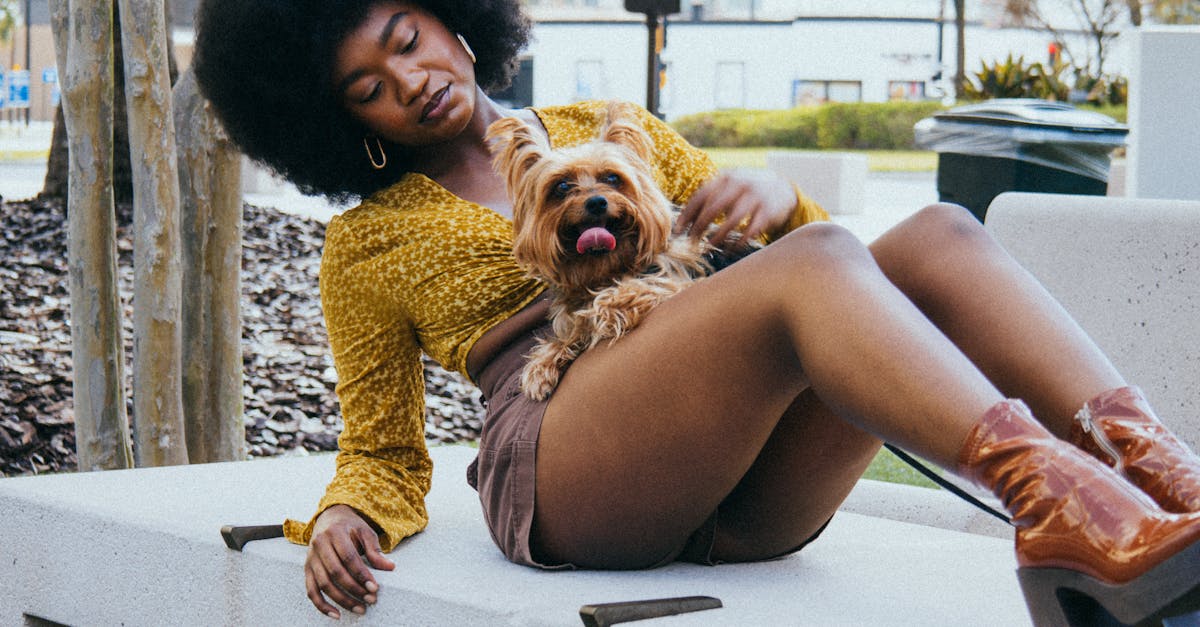Are you considering adding a Munchkin cat to your family, or are you already the proud pet parent of one? These charming, short-legged felines have captured the hearts of cat lovers worldwide. However, as with any breed, it’s important to understand their unique traits, needs, and potential health concerns to ensure they thrive. Let’s dive into everything you need to know about Munchkin cats so you can make informed decisions and provide the best care possible.
🐾 Breed Snapshot
The Munchkin cat is best known for its adorable, short legs, which are the result of a natural genetic mutation. Despite their small stature, these cats are energetic, playful, and full of personality. Here's a quick overview:
- Size: Small to medium (5–9 pounds)
- Lifespan: 12–15 years
- Coat: Short or long, with a variety of colors and patterns
- Temperament: Social, affectionate, and curious
The breed originated in the 1980s and has since gained recognition and popularity. While their short legs make them visually unique, they are capable of running and playing just like any other cat.
🧬 Personality & Behaviour
Munchkin cats are often described as “small in size but big in heart.” Their friendly and outgoing nature makes them excellent companions for families, singles, and even households with other pets.
Here’s what to expect from a Munchkin’s personality:
- Playful: Munchkins love toys, games, and interactive playtime. They retain kitten-like energy well into adulthood.
- Social: They enjoy being around people and often follow their owners from room to room.
- Curious: Don’t be fooled by their short legs—Munchkins are adventurous and love exploring their environment.
- Affectionate: These cats are typically loving and enjoy cuddling or sitting on your lap.
Because of their friendly disposition, Munchkins do well in multi-pet households and with children, as long as interactions are gentle and supervised.
🧼 Health & Grooming Needs
While Munchkin cats are generally healthy, their unique body structure means there are some special considerations to keep in mind. Let’s break it down:
Health Concerns
The Munchkin’s short legs are caused by a genetic mutation called achondroplasia or hypochondroplasia, which affects the development of bones and cartilage. Although most Munchkins live healthy lives, they may be prone to the following issues:
- Lordosis: A condition where the spine curves excessively, potentially compressing internal organs.
- Pectus Excavatum: A deformity of the chest wall that may cause respiratory issues.
- Joint Problems: Short-legged cats may experience arthritis or joint stiffness as they age.
Regular check-ups with your veterinarian are crucial to monitor for any signs of discomfort or health problems.
Grooming Tips
Munchkins come in both short-haired and long-haired varieties, and their grooming needs will depend on their coat type:
- Short-haired Munchkins: Brush once a week to remove loose fur and reduce shedding.
- Long-haired Munchkins: Brush two to three times a week to prevent tangles and mats.
In addition to brushing, don’t forget these grooming basics:
- Trim their nails regularly to prevent overgrowth.
- Clean their ears gently to avoid wax buildup or infections.
- Brush their teeth with cat-safe toothpaste to maintain dental health.
Establishing a consistent grooming routine early on will make the process easier for both you and your cat.
💡 Vet Tips for Pet Parents
Owning a Munchkin cat can be a rewarding experience, but it’s important to provide the right care and environment to keep them happy and healthy. Here are some expert tips:
- Provide low-access furniture: While Munchkins can jump, their short legs make climbing more challenging. Consider pet stairs or ramps to help them reach their favorite spots.
- Engage them with play: Interactive toys, puzzle feeders, and wand toys are great for keeping them mentally and physically active.
- Monitor their weight: Obesity can put extra strain on their joints, so feed them a balanced diet and encourage exercise.
- Schedule regular vet visits: Routine check-ups help catch potential health issues early and ensure your Munchkin stays in top condition.
With the right care, your Munchkin cat can live a long, happy life filled with love and companionship.
FAQs
Q: Are Munchkin cats in pain because of their short legs?
A: Most Munchkin cats are healthy and do not experience pain due to their short legs. However, they are prone to certain conditions like joint issues, so regular vet check-ups are important.
Q: Do Munchkin cats need special diets?
A: Munchkin cats don’t require a breed-specific diet, but it’s essential to feed them high-quality cat food that meets their nutritional needs. Consult your vet for personalized advice.
Q: Can Munchkin cats jump?
A: Yes, Munchkin cats can jump, but their short legs may limit how high they can go. Providing pet stairs or ramps can help them access higher areas safely.
Book a $49 online vet consultation at https://www.dialavet.com for fast, expert advice.























